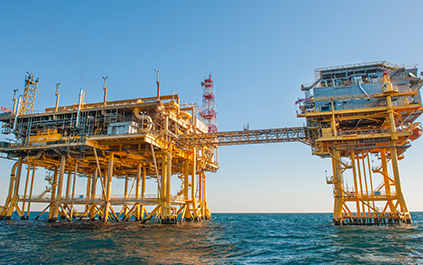In apparent opposition to the president’s climate change strategy, the Biden administration has discreetly approved plans to construct a new crude oil port in the Gulf of Mexico off Texas.
One of four potential offshore oil export terminal applications was granted approval on Monday by the Maritime Administration of the Department of Transportation.
The port will be located off the coast of Freeport, Texas, according to the application. It will increase the United States’ daily oil export capability by 2 million barrels and have a storage capacity of 4.8 million barrels.
The Maritime Administration stated in its 94-page decision that it had granted the application because the development and management of the port is in the national interest and is consistent with other goals and objectives of policy.
According to the administration, the port’s development and operation are necessary for the security and resilience of the US energy infrastructure, as well as for employment and economic growth. In the event of a market disruption, the Port will give US friends a dependable source of crude oil while having little effect on the supply and price of crude oil on the US domestic market.
According to the decision, the project will add to a Houston-area facility currently run by Enterprise Crude Houston and create 62 permanent employment over a 30-year period. According to the application, 1,400 temporary construction jobs will also be produced, with the majority of the workforce coming from labor pools in Texas and Louisiana that already have workers.
Soon after, protests broke out on the Gulf Coast. Climate activists criticized the decision and cited the fact that President Joe Biden has made topics like climate change and renewable energy subsidies a priority throughout his time in office. By 2030, Biden promises to reduce carbon emissions by 50%.








